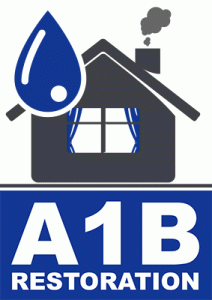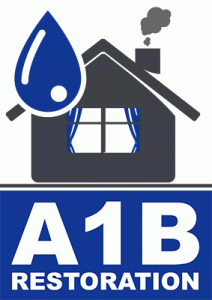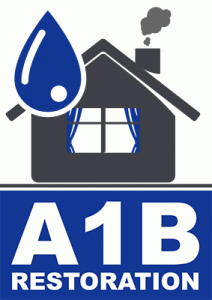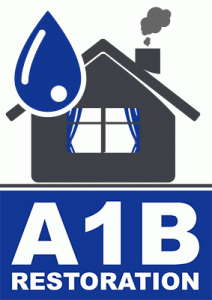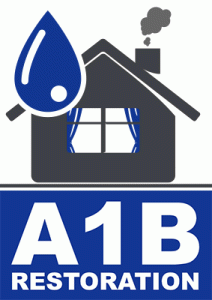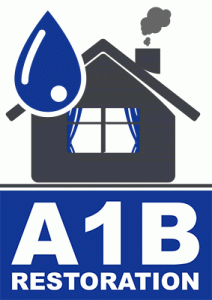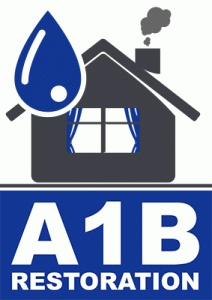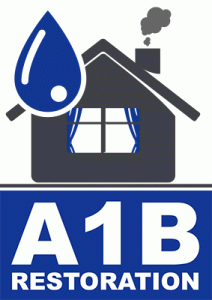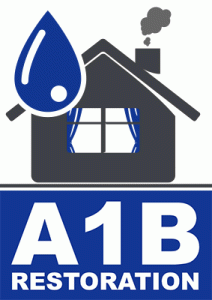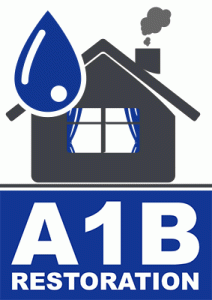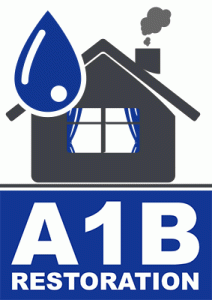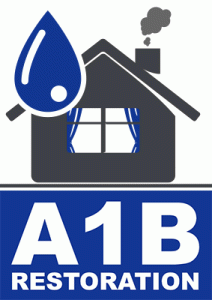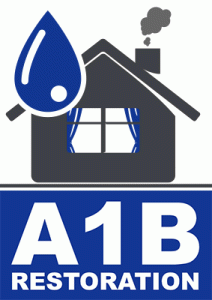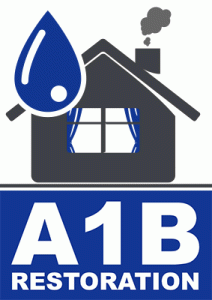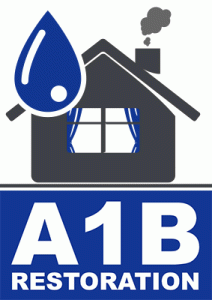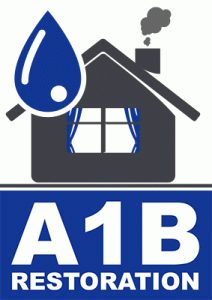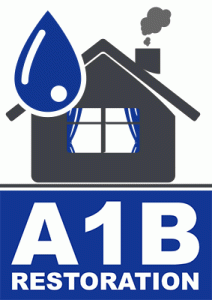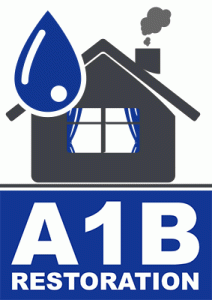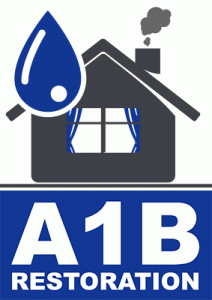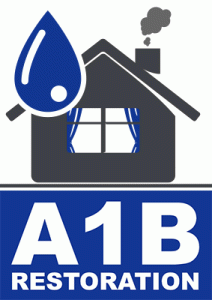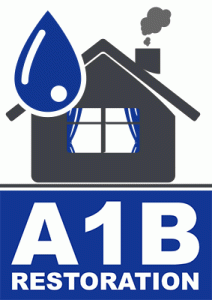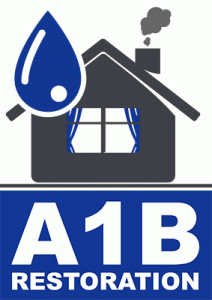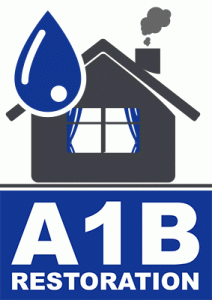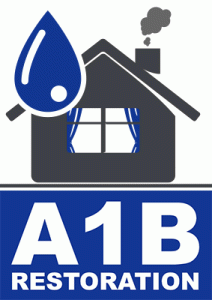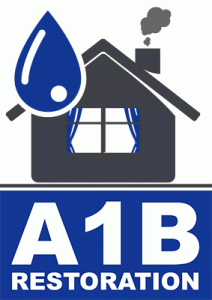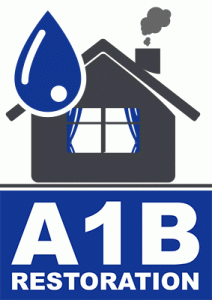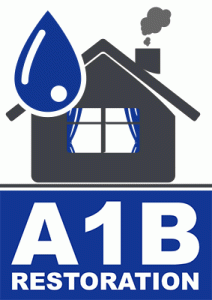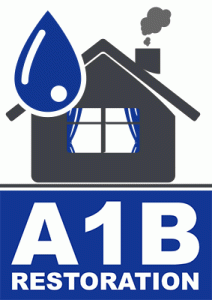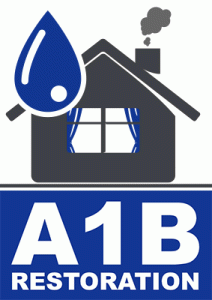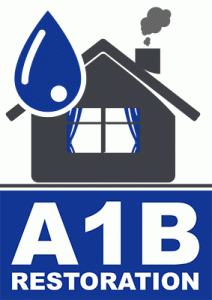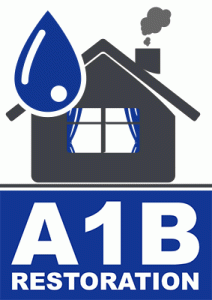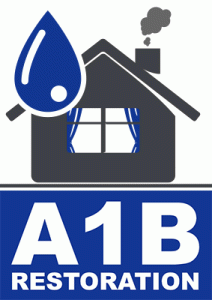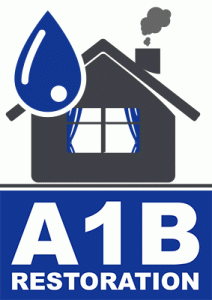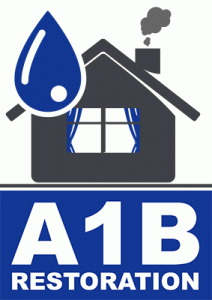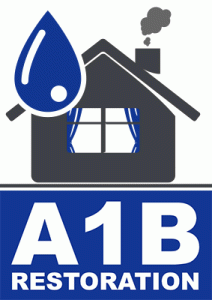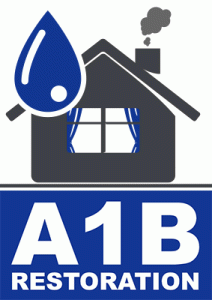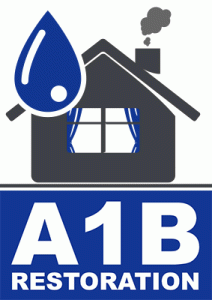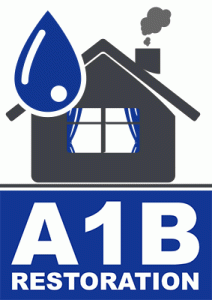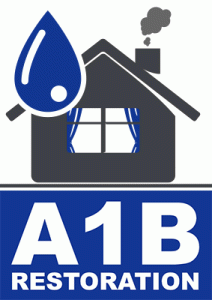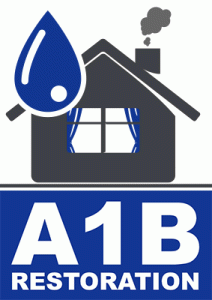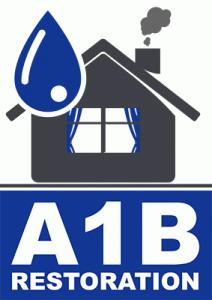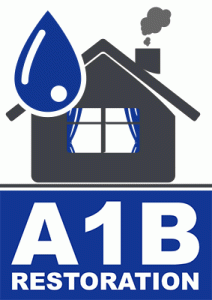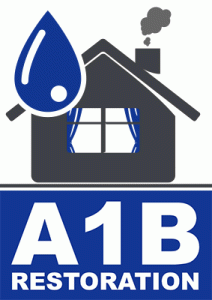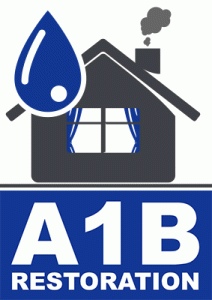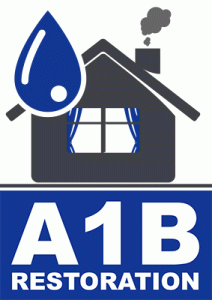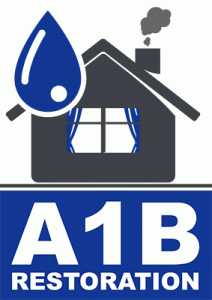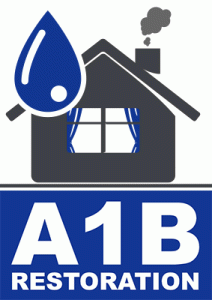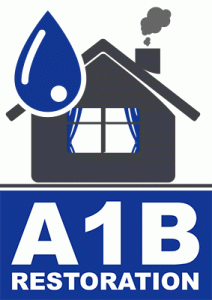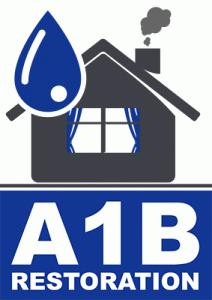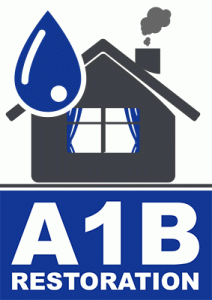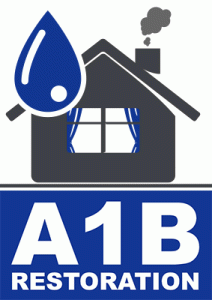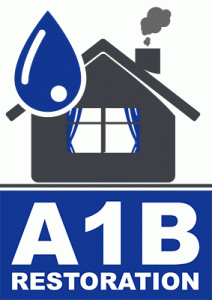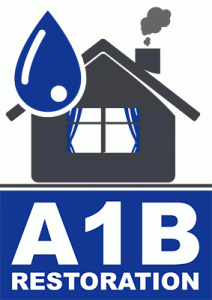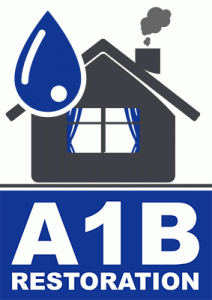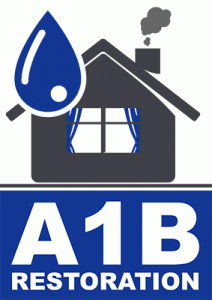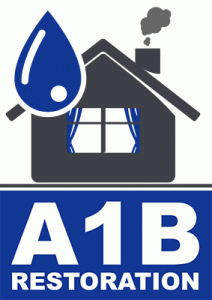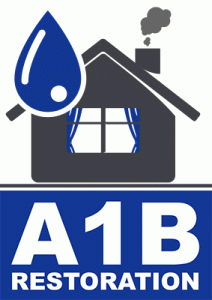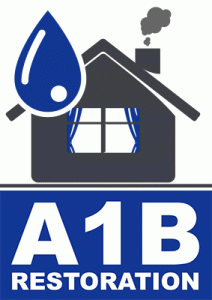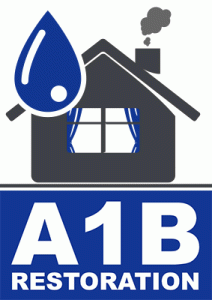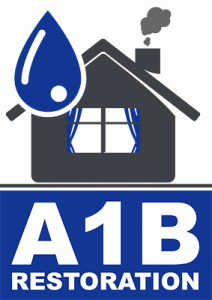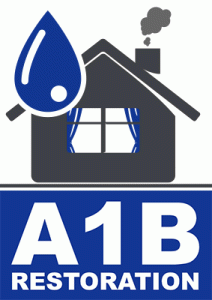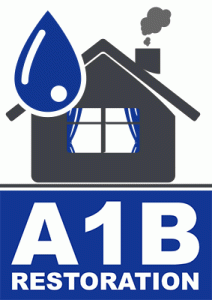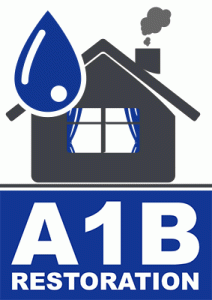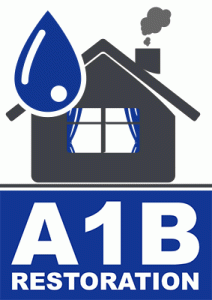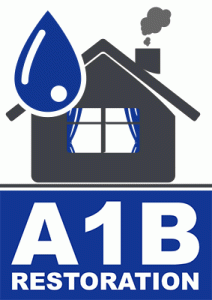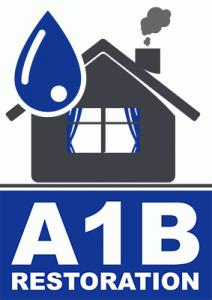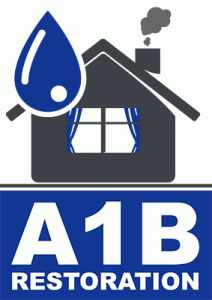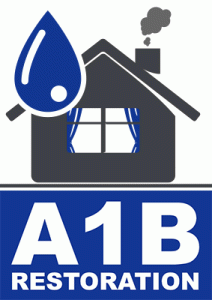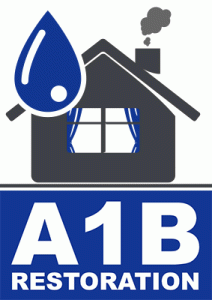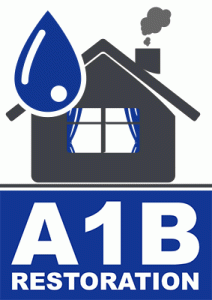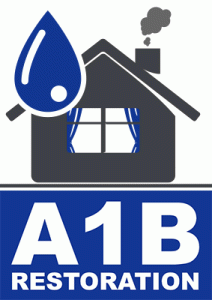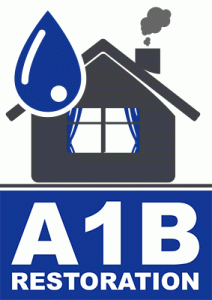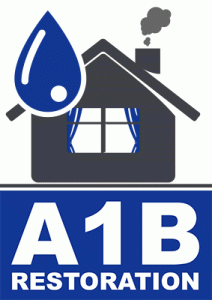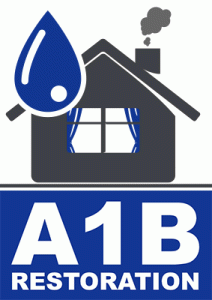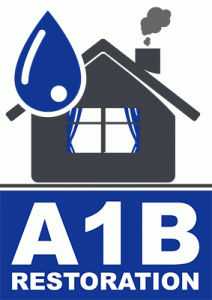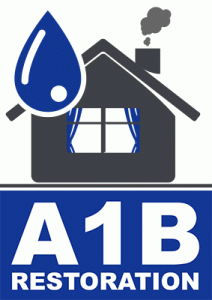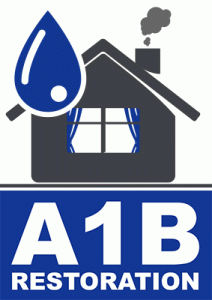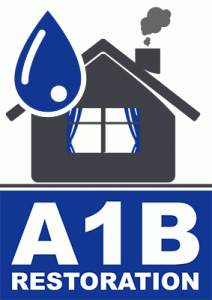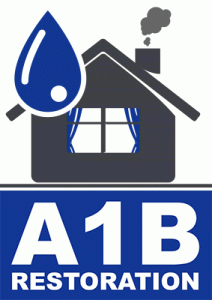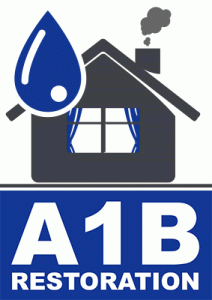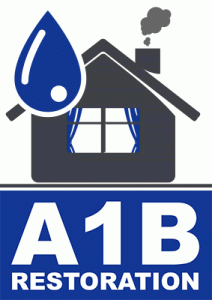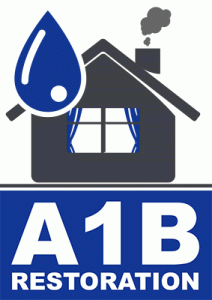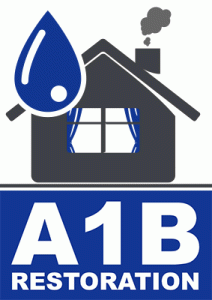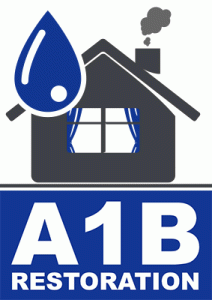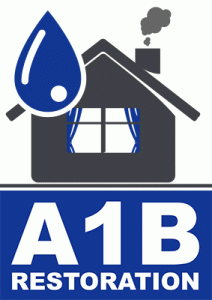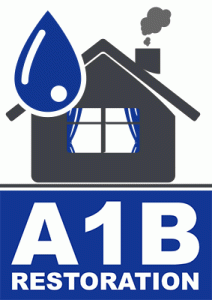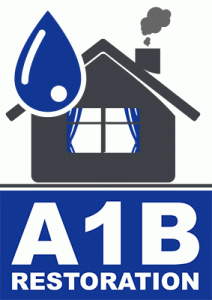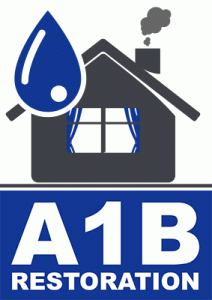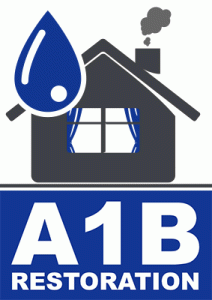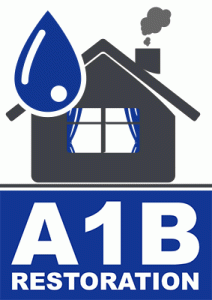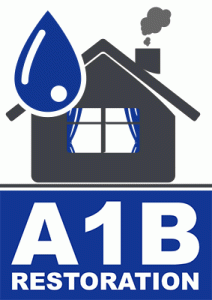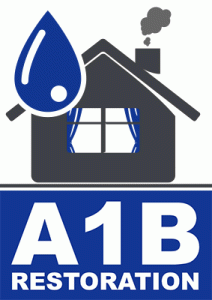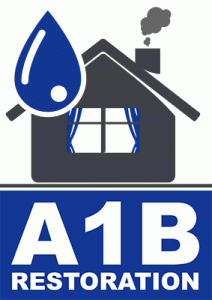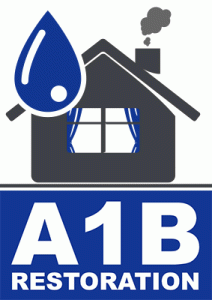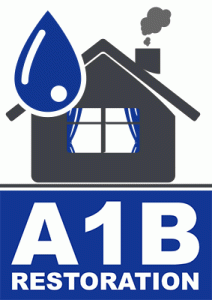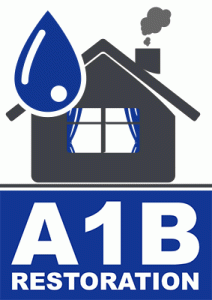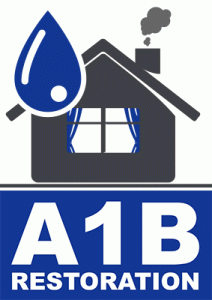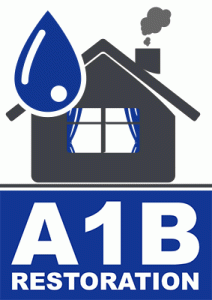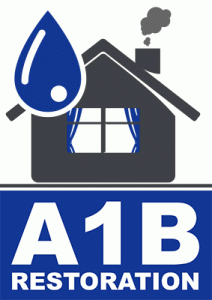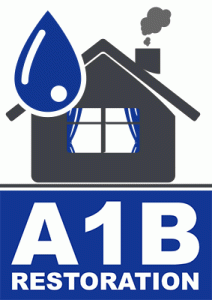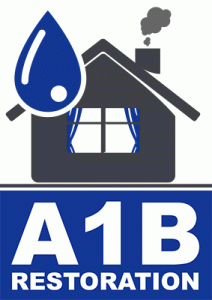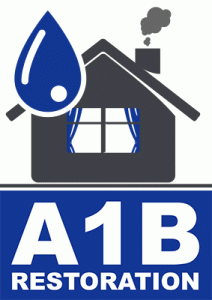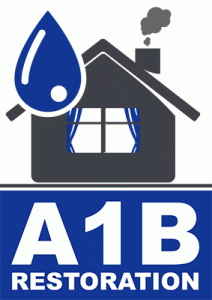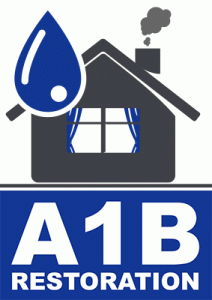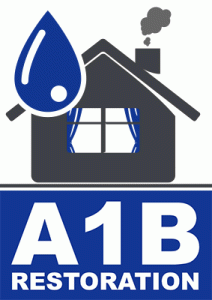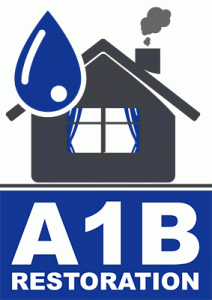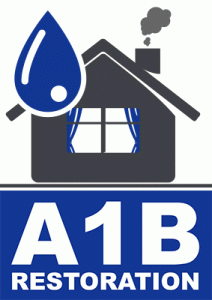The Long-Term Effects of Water Damage on Your Property
Water damage is a homeowner’s worst nightmare, often creeping in without notice and leaving a trail of destruction in its wake. Whether it’s due to natural disasters, plumbing failures, or human error, the consequences can be severe and long-lasting. In this comprehensive guide, we will explore the long-term effects of water damage on your property, offering actionable tips and insights to help you mitigate risks and protect your investment.
Understanding Water Damage
Before delving into the long-term effects, it’s crucial to understand what constitutes water damage and its various forms. Water damage can be classified based on its source and contamination level:
Types of Water Damage
Clean Water: Originates from sources like broken pipes or rainwater. It’s the least harmful but can still cause significant damage if not addressed promptly.
Grey Water: Comes from appliances like washing machines or dishwashers. It contains some contaminants that can cause illness.
Black Water: Highly contaminated water from sources like sewage backups or floodwater. It poses serious health risks and requires professional handling.
The Immediate Impact of Water Damage
While the immediate aftermath of water damage is visible, such as pooling water or soaked carpets, the real danger lies in the unseen and long-lasting effects. According to the Environmental Protection Agency (EPA), mold growth can begin within 24 to 48 hours of water exposure, making rapid response critical.
Structural Damage
Water can weaken the structural integrity of buildings, affecting floors, walls, and ceilings. Wooden structures are particularly vulnerable, as prolonged exposure leads to warping, swelling, and rotting. The National Association of Home Builders reports that untreated water damage can reduce a building’s lifespan by up to 50%.
Long-Term Effects of Water Damage
The long-term effects of water damage extend beyond initial repairs, impacting both the structural and aesthetic aspects of your property.
Mold and Mildew Growth
Mold thrives in damp environments, and once established, it can spread rapidly throughout a property. Mold not only compromises indoor air quality but can also cause health issues like allergies and respiratory problems. The Centers for Disease Control and Prevention (CDC) warns that mold can be particularly harmful to individuals with asthma or weakened immune systems.
Electrical System Hazards
Water intrusion into electrical systems poses a significant risk, leading to short circuits and potential fire hazards. Corroded wiring and damaged outlets require expert inspection and repair to ensure safety and functionality.
Decreased Property Value
Homes with a history of water damage often see a decrease in market value. Potential buyers may be hesitant due to concerns about hidden damage and future problems. According to the National Association of Realtors, even minor water damage can reduce property value by 10-15%.
Preventing Long-Term Water Damage
While some water damage is unavoidable, there are proactive steps you can take to minimize its impact and protect your property.
Regular Maintenance
Conduct regular inspections of your property’s plumbing, roofing, and drainage systems. Address any leaks or vulnerabilities promptly to prevent water intrusion.
Install Water Detection Devices
Consider installing water sensors and alarms in areas prone to leaks, such as basements and bathrooms. These devices can alert you to potential issues before they escalate.
Proper Ventilation
Ensure that your home is adequately ventilated to prevent moisture buildup. Use exhaust fans in bathrooms and kitchens and consider installing a dehumidifier in damp areas.
Conclusion
The long-term effects of water damage on your property can be significant and costly. By understanding the risks and implementing preventative measures, you can protect your home and preserve its value. Remember, addressing water damage promptly and effectively is crucial to minimizing its impact. Stay vigilant, and your property will remain a safe and comfortable haven for years to come.
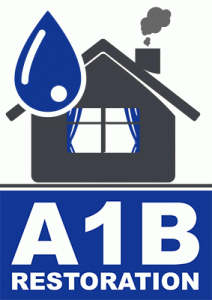
Mesquite Texas restoration water damage companies
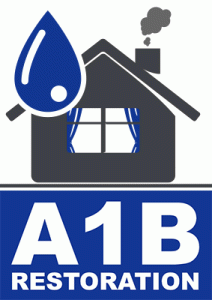
water damage and restoration companies DeSoto Texas
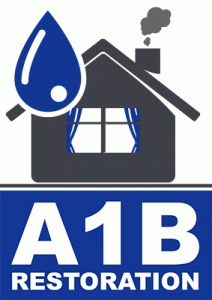
water restoration companies near me Lakewood Dallas Texas
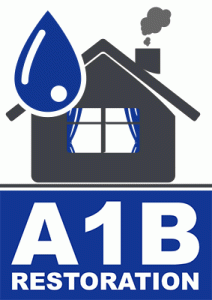
best water damage restoration near me Sunnyvale Texas
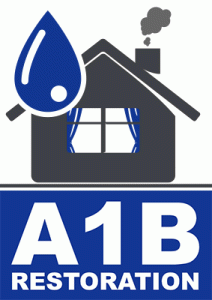
water restoration companies near me Royse City Texas
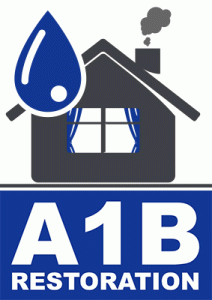
water damage cleanup companies Lake Highlands Dallas Texas
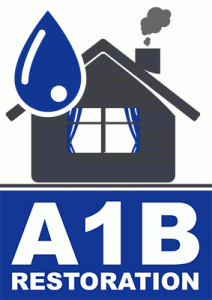
water damage restoration service Little Elm Texas
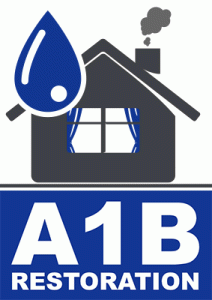
water damage and restoration companies Southlake Texas
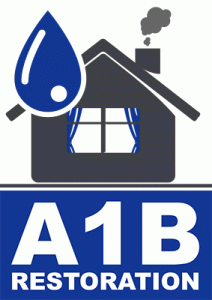
Fate Texas water damage restoration service near me
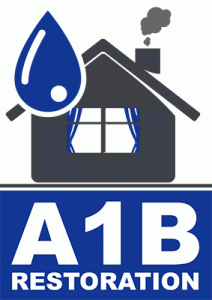
Carrollton Texas water damage restoration service near me
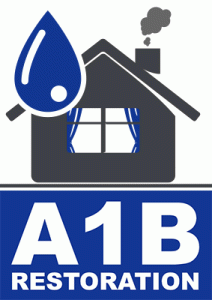
Lake Dallas Texas water extraction company near me
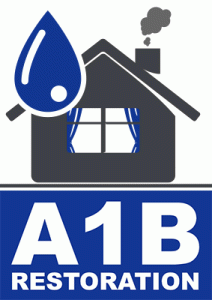
Flower Mound Texas restoration water damage companies
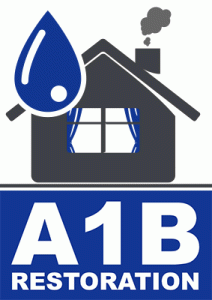
North Richland Hills Texas water damage restoration service near me
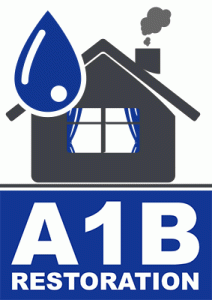
Little Elm Texas restoration water damage companies
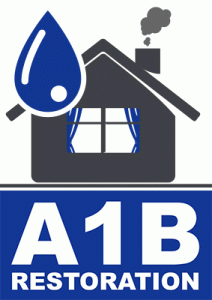
Lewisville Texas water damage restoration service near me
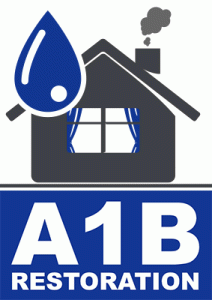
Allen Texas water damage restoration service near me
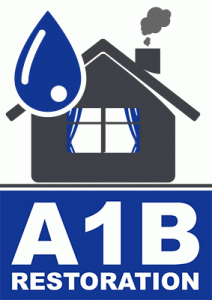
North Richland Hills Texas water remediation company
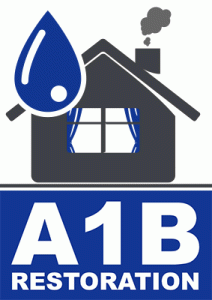
Bedford Texas water damage restoration service near me
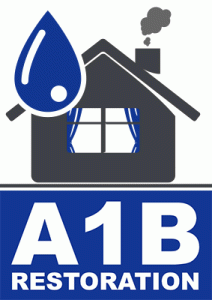
Lake Highlands Dallas Texas water remediation company
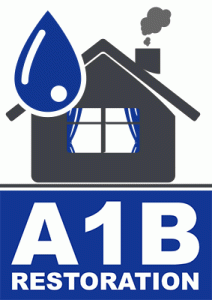
Grand Prairie Texas water damage restoration near me
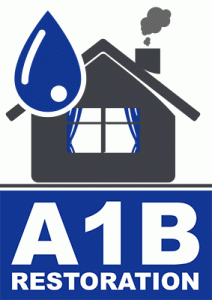
Denton TX water damage restoration companies near me
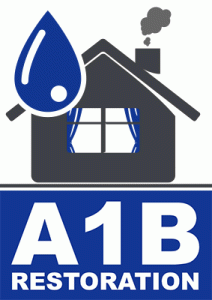
Fate TX water damage restoration companies near me
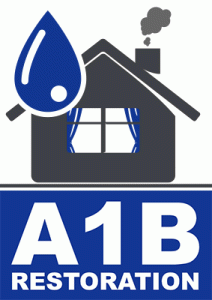
Garland TX water damage restoration companies near me
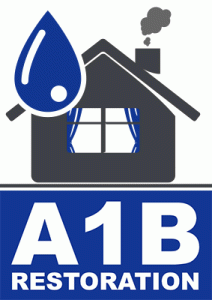
Rockwall TX water damage restoration companies near me
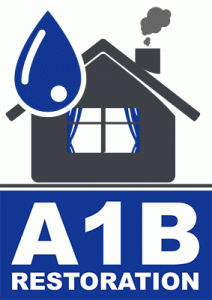
DeSoto TX water damage restoration companies near me
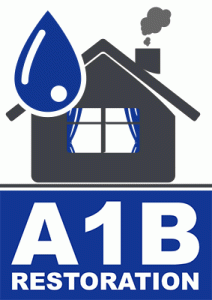
North Richland Hills TX water damage restoration companies near me
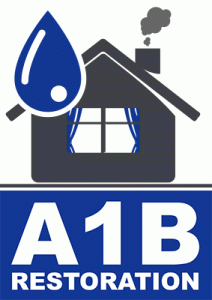
Wylie TX water damage restoration companies near me
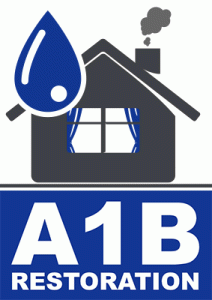
best water damage restoration near me Rockwall Texas
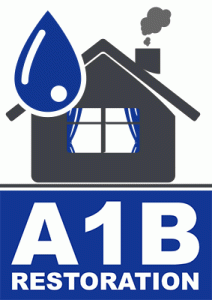
water remediation company near me Carrollton Texas
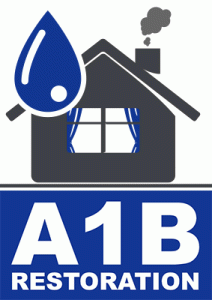
emergency water damage restoration Mesquite Texas
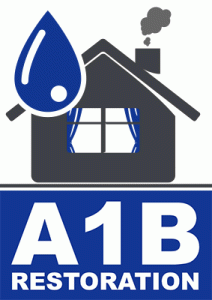
water damage and restoration companies Arlington Texas
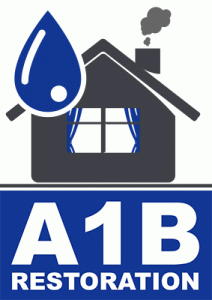
best water damage restoration near me Duncanville Texas
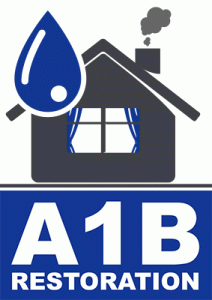
emergency water damage restoration McKinney Texas
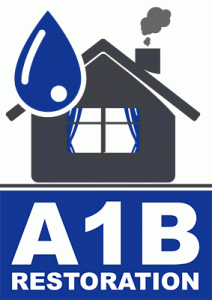
restoration company water damage North Richland Hills Texas
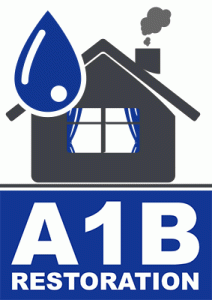
emergency water damage restoration Preston Hollow Dallas Texas
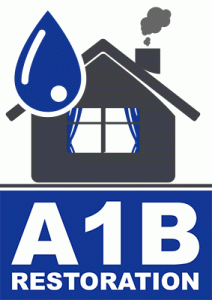
residential water damage restoration Addison Texas
